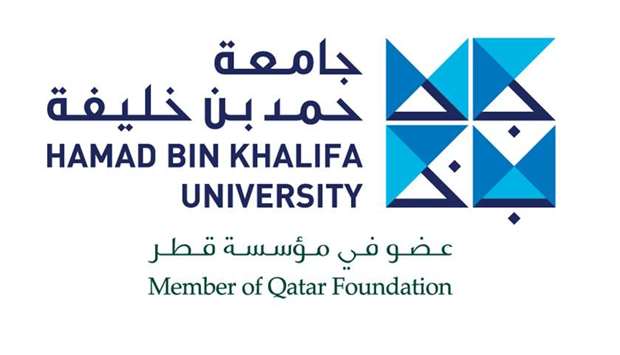The potential for Zakat financing to fill funding gaps for achieving the Sustainable Development Goals (SDGs) was the opening subject of a three-part webinar series co-organized by the College of Islamic Studies (CIS) at Hamad Bin Khalifa University (HBKU) and the United Nations Development Program (UNDP), in partnership with Qatar Financial Centre (QFC) Authority.
The first instalment of the HBKU-UNDP Webinar Series: Islamic Social Finance and SDGs showcased National Zakat Board Indonesia's (BASNAZ) innovative application of Zakat funds for local SDG projects in underserved communities.
Consideration was also given to how the BAZNAS Zakat Model for development can be replicated and utilized within and beyond the Islamic world. In keeping with all HBKU events, proceedings concluded with opportunities for audience members to pitch questions and respond to observations made by the panelists.
Speaking after the webinar, Dr. Syed Nazim Ali, Director of CIS' Research Division and its Centre of Islamic Economics and Finance (CIEF), said: "We are delighted and honored to be working with the UNDP on this webinar series. Doing so not only reflects HBKU's determination to help fulfill the SDGs, but also CIS' place at the forefront of global and intellectual debates on the applied nature of Islamic Studies. Innovative and resourceful use of Islamic social finance will be crucial over the years ahead, particularly when it comes to sustainability issues. We're confident that this and our other webinars will provide an informed overview of what relevant types of Islamic social financing look like.
"We'd also like to acknowledge the support provided by the National Zakat Board Indonesia (BAZNAS) and the Qatar Financial Centre (QFC). Their respective contributions to a stimulating and thought-provoking opening webinar was much appreciated."

